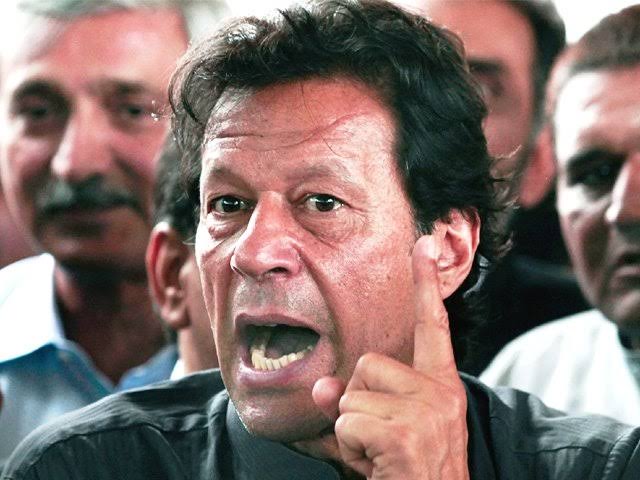
Pakistan has long been characterized by political instability perpetuated by frequent interruption of the democratic political process that has resulted in the absence of a long-term reform strategy needed for sustainable economic growth. For Pakistan’s economic crisis to be resolved, the country needs continuity in policy.
As author and columnist Zahid Hussain noted, “During his almost four years in office, Imran Khan struggled to chart the clear policy direction required to not only stabilise the economy but also initiate the much-needed structural reforms. The PTI government has an unenviable record of having four finance ministers in less than four years. Curiously, when the economy showed signs of stabilisation in the third year, he suddenly brought a new finance minister — a banker who took a complete about-turn on policy direction, breaking away from the course of stabilisation. He went for a growth strategy without considering macroeconomic weaknesses.”
As Hussain pointed out, “the former prime minister must also take responsibility for aggravating the crisis. The PTI may boast of having achieved an economic growth rate of 6pc in the last financial year but that has also worsened the current account deficit. It was the same situation in the last year of the previous PML-N government that had recorded a similar growth rate, which was accompanied by a balance-of-payments problem, leaving no option for the PTI government but to go to the IMF.”
In conclusion, Hussain points out, “this has been a vicious cycle from which the economy has never come out. It is more of a political problem that has put the economy in a perpetual state of crisis. No wonder we have the dubious record of approaching the IMF for a bailout 22 times. Rarely have we completed the program. There has never been any serious effort to carry out fundamental structural reforms to put the country on the path of sustainable economic growth. We remain largely a rentier economy dependent on external help, with little incentive to break the shackles.”
![]()





